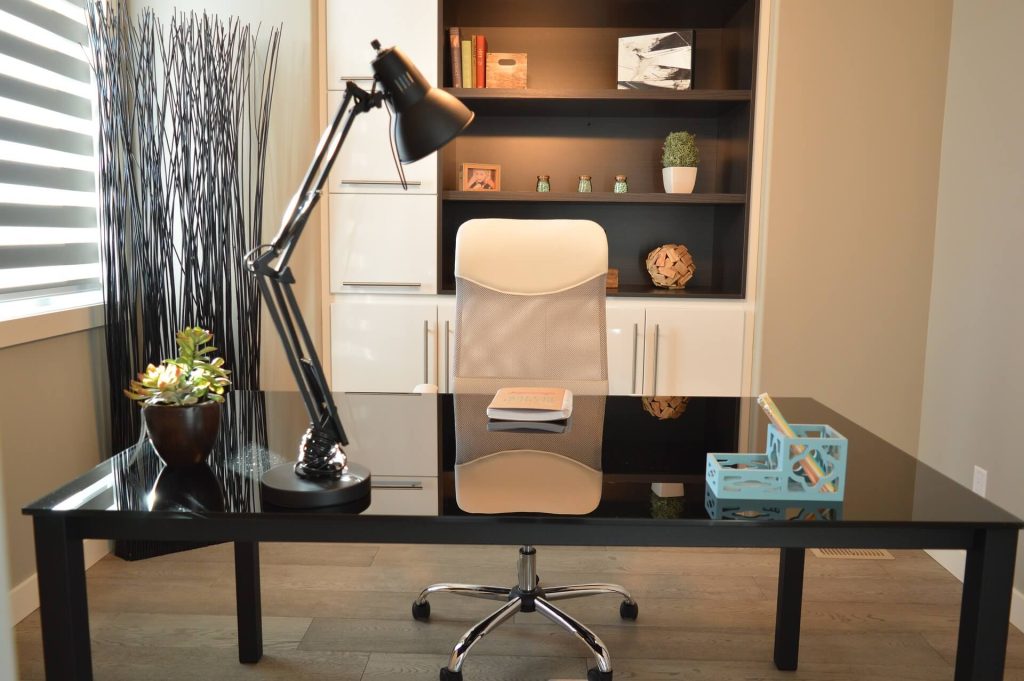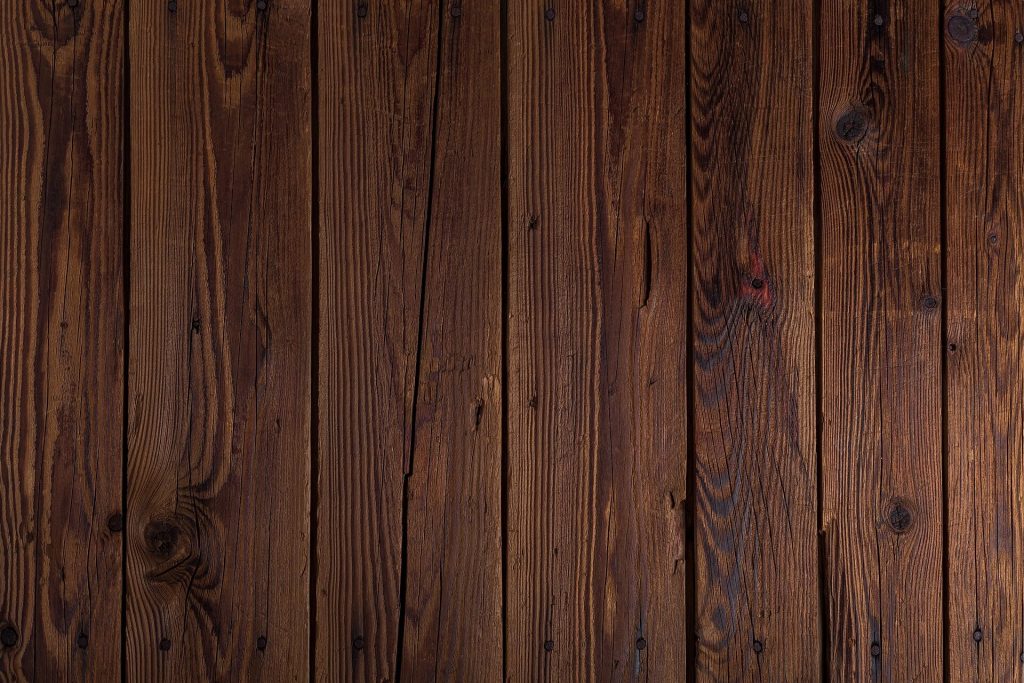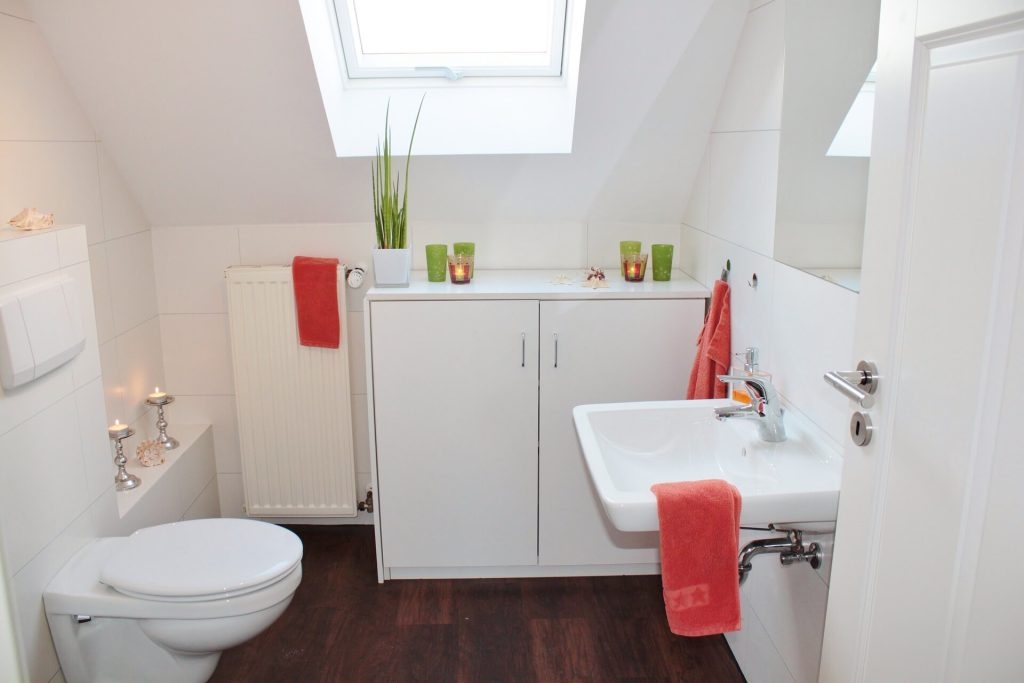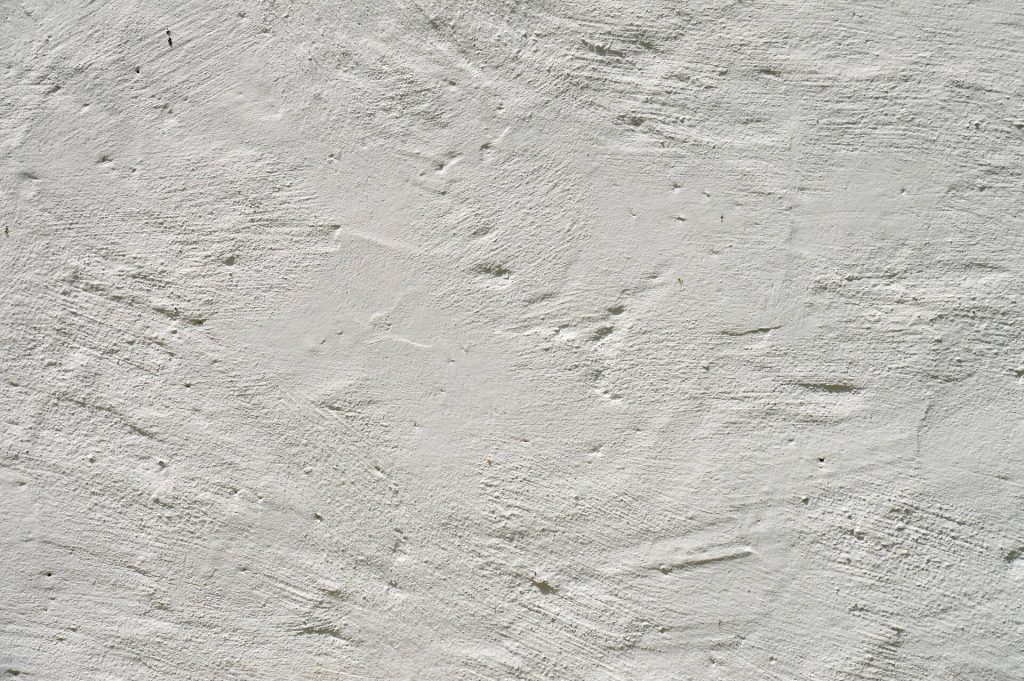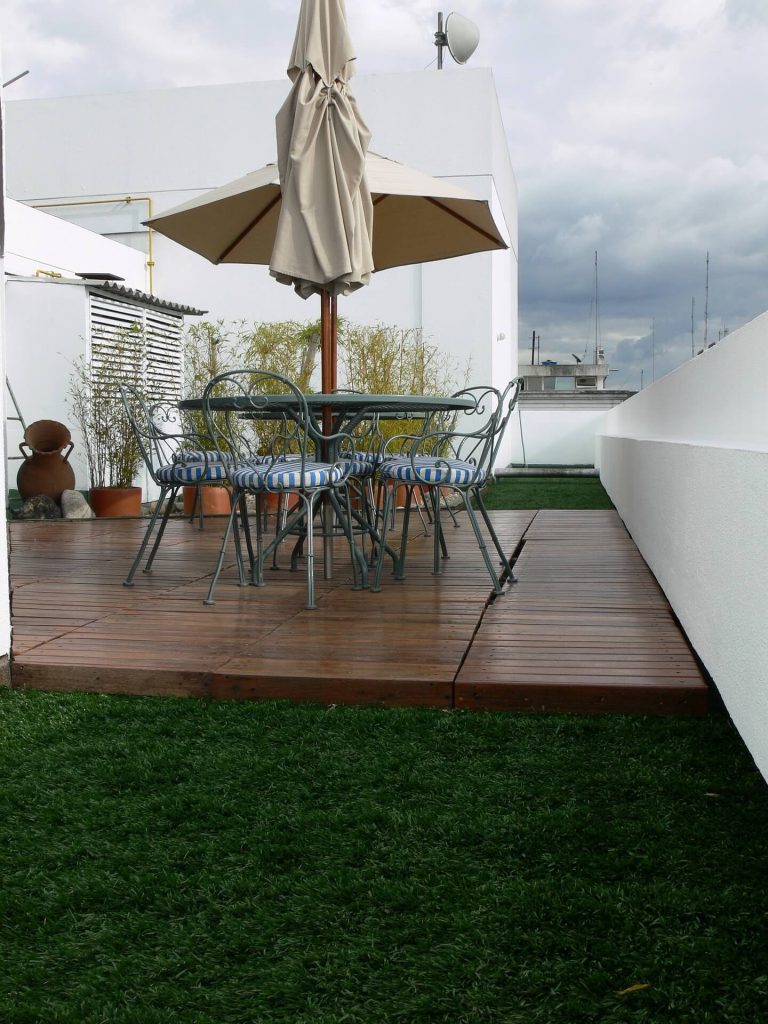
Ready For Your Next Project?
Should You Repair or Replace Your Flooring?
Knowing the Differences Between Replacing Your Flooring and Fixing It
A key element of the appearance and comfort of your living space is the flooring in your home. Your flooring may become worn out or damaged over time, leaving you with the choice to repair it or replace it. Before making a choice, it is crucial to comprehend the distinctions between flooring repair and replacement.
Repairing your flooring can frequently be less expensive and disruptive than replacing it entirely. Little holes or cracks in your hardwood floors can be patched, damaged tiles can be fixed, and gaps in your laminate flooring can be filled. Whether you need to address a particular issue or you’re trying to sell your house, fixing your flooring might be a quick remedy.
On the other hand, replacing your flooring entails removing the old material and installing new flooring. Although this method is more time- and money-consuming, it can be required if your current flooring is seriously deteriorated or out-of-date. The opportunity to enhance your home’s design and increase its market value can also present itself when you replace your flooring.
Reasons Why Your Home’s Flooring Gets Damaged
Throughout time, the flooring in your home experiences a lot of wear and tear. You may avoid issues and extend the life of your flooring by being aware of the typical sources of damage.
Water damage is a frequent reason for flooring degradation, particularly in wet environments like bathrooms and kitchens. Your flooring may become wet, leading to warping, stains, and mold growth. Frequently checking for leaks and quickly attending to any water damage will help stop subsequent issues.
Moreover, furniture and high shoes might harm your flooring. High heels can leave scuff marks on vinyl and laminate flooring, while heavy furniture can dent or harm hardwood floors. Asking visitors to take off their shoes and using furniture pads will help safeguard your floors.
Moreover, pets can ruin your flooring. Sharp claws can dent and scratch hardwood floors, while urine can leave stains and odors. Cutting your pet’s nails on a regular basis and quickly cleaning up any spills can help prevent damage to your flooring.
The Benefits and Drawbacks of Flooring Repair
Fixing small problems with your floors can be done efficiently and affordably by repairing your flooring. When determining whether to restore your flooring, there are a few disadvantages to take into account.
Saving money is one of the key advantages of having your flooring repaired. Little flooring repairs are frequently far less expensive than replacing the entire floor. Moreover, repairs are frequently finished fast, enabling you to immediately get back to using your floors normally.
Repairs, though, might not be a long-term answer to your flooring issues. If your flooring is really old or seriously damaged, repairs could not solve the problems at the root. Furthermore, it’s possible that repairs won’t always match the rest of your flooring, which might be ugly.
The Benefits and Drawbacks of Flooring Replacement
A large home renovation project that needs a lot of time and money is replacing your flooring. Replacing your flooring has some substantial advantages, though.
The chance to modernize the appearance and ambiance of your home is one of the key advantages of upgrading your flooring. Your home’s appearance and the value of your property can both be improved with new flooring. The opportunity to fix any underlying concerns with your current flooring, such as water damage or structural difficulties, can also be provided by replacing your flooring.
As you replace your flooring, you can also pick the kind of flooring that best meets your requirements. Choose durable flooring options like vinyl or tile, for instance, if you have pets or kids. Hardwood or natural stone flooring may be a fantastic choice if you’re going for a more opulent aesthetic.
But, changing your flooring has its drawbacks as well. Cost is one of the biggest drawbacks. The cost of replacing your flooring can be significant, especially if you choose pricey materials or hire professionals to install it. A disruptive process that calls for you to relocate furniture and abandon your house for a while is replacing your flooring.
DIY versus expert flooring replacement and repair
You might be debating between doing the work yourself or hiring a contractor when it comes to repairing or replacing your flooring. Your skill level, time availability, and financial constraints will ultimately determine which option is best for you. Both methods have pros and downsides.
If you have the required knowledge and equipment, doing your own flooring repair and replacement might be a cost-effective solution. You may find a lot of resources to help you through the process of repairing or replacing your flooring online and in home improvement stores. DIY projects are also a satisfying method to improve your house because they let you work at your own speed.
DIY initiatives do, however, have some hazards. If you’re not skilled in flooring repair or replacement, you could end up doing more harm than good or come up empty-handed. Moreover, DIY projects may take a lot of time and necessitate the purchase or rental of pricey tools and equipment.
If you want your flooring repaired or replaced, hiring a professional can guarantee that the work is done accurately and quickly. Experts can tackle even intricate flooring projects since they have the knowledge, expertise, and tools needed. A significant home repair job may be stressful and time-consuming, but hiring a professional can help.
Yet, compared to a DIY endeavor, hiring a professional can be more expensive. You must account for the costs of labor and supplies, which can mount up quickly. Finding a respectable and trustworthy professional is also necessary to guarantee that the work is completed to your satisfaction.
Selecting the Best Flooring for Your Home’s Requirements
There are numerous things to take into account while selecting the proper flooring for your home. Your flooring selection should be suitable for the particular room and its intended usage, durable, and simple to clean.
Because of its classic elegance and durability, hardwood flooring is a popular choice. It might not be appropriate for high-moisture locations like bathrooms and kitchens and can be prone to scratching. Although it has a similar appearance to hardwood flooring, laminate flooring is more cheap and more water and scratch resistant.
Another common option for flooring is vinyl, which is long-lasting and requires little upkeep. Also, a variety of colors and designs are offered, making it simple to pick the ideal style for your house. Tile flooring is a tough and water-resistant alternative that works well in humid environments.
It’s crucial to take your demands and way of life into account when selecting the proper flooring for your house. Choose a flooring option that is scratch-resistant and simple to clean if you have kids or pets. Choose a more robust alternative, such tile or hardwood flooring, if you have a high-traffic area like a hallway or entryway.
Finally, changing or fixing your flooring can significantly alter the way your home feels and looks. By being aware of the distinctions between maintaining and replacing
Fast & Reliable Service
We strive to complete your projects on time, within budget, and to your utmost satisfaction.
Professional Handymen
Our handymen have many years of experience so that your projects get done right the first time.
Need a handy hand for your project?
Call NowHandyman Tips & FAQs
Kissimmeehandymanservices.com - Pro Tools Handymen - Privacy

